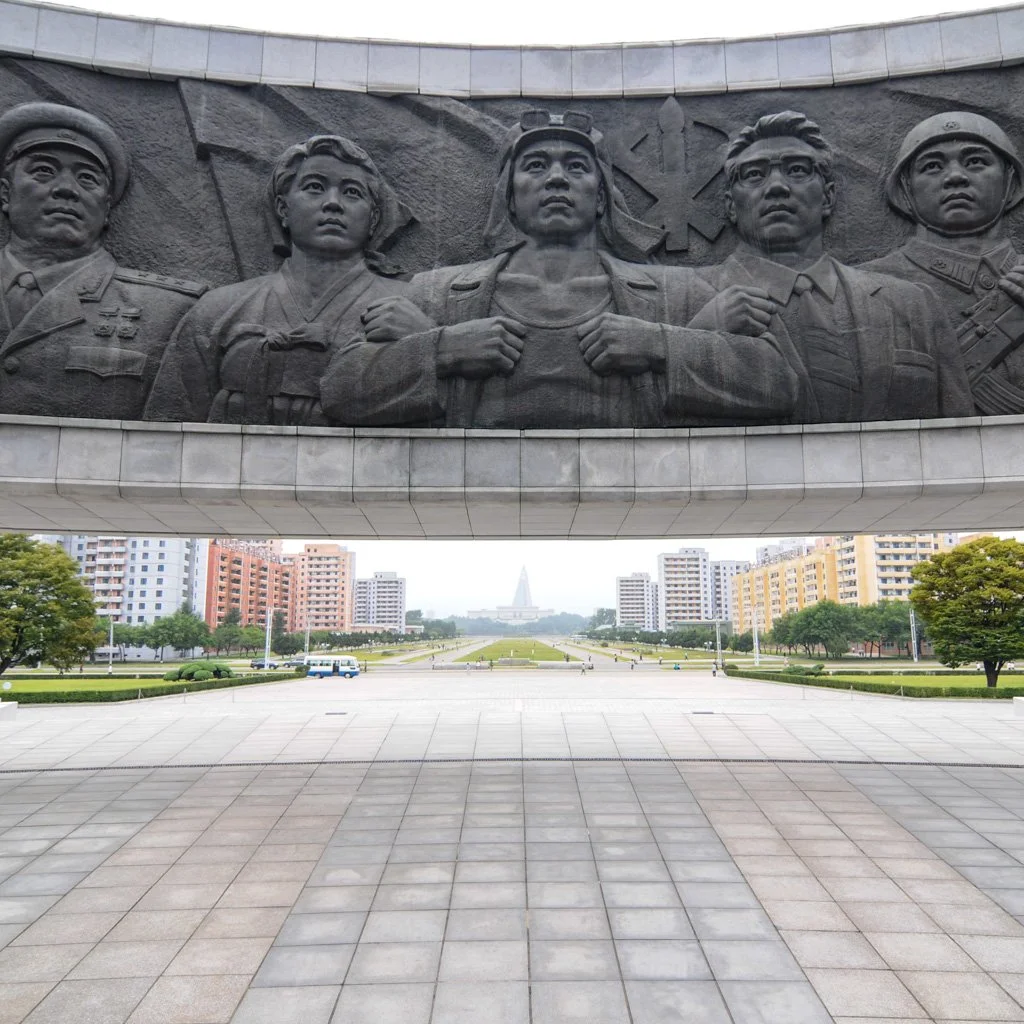When Choson Exchange first began, it was small enough that I had the luxury to interview everyone who wanted to be involved and get to know them at a personal level: their aspirations, motivations and personality. However, as interest have grown, I find it harder to keep track of everyone's needs and whether we are helping them meet their goals just as they are helping Choson Exchange meet its mission.
Hence, we brought on Soojin, who will be our Human Resource manager. She will be in charge of recruiting, tracking everyone's efforts and seeing how we can help them develop. Soojin will graduate from the University of Pennsylvania's Wharton School with a dual degree in International Studies and Economics this summer. She is a great addition not just because of her deep interest in North Korean issues, but also because she speaks Korean and Chinese and lived in China. This will allow her to coordinate our efforts to involve more trainers from the US and China.
I still try to take time to interview everyone interested in joining our team. The requests have been piling up and last week, I interviewed four more potential lecturers. We would like to welcome A.E. and Dominic Soon who will contribute their valuable experiences in our upcoming training session in Pyongyang this September. They bring exciting experiences to our team. A.E. has close to a decade of experience in the private sector as a commercial banker. A.E. also brings with him a wealth of experience from working in Latin American, Southern China, Taiwan and the USA. A graduate of Oxford's Politics, Philosophy and Economics program, A.E. was highly involved in his university's Asian Societies. Several years ago, A.E. visited Pyongyang and a highlight of his time there was the opportunity to join a picnic with Kim Il Sung University students to talk about their aspirations and interests.
Dominic is an economist in Singapore's Ministry of Trade and Industry and a recipient of the Singaporean public service scholarship. As part of a team that recently studied how Singapore's economic strategy should change, he can contribute valuable experience on designing an economic restructuring process as a means of attracting foreign investment. Dominic graduated from Cambridge University and received his Masters at Yale University.
I hope that their valuable time and experiences will leave an impression among the North Korean professors and executives we will train this September. Through expanding our training team, we hope to introduce more dialogue-driven sessions that will enable us to have a more dynamic discussion with participants.



